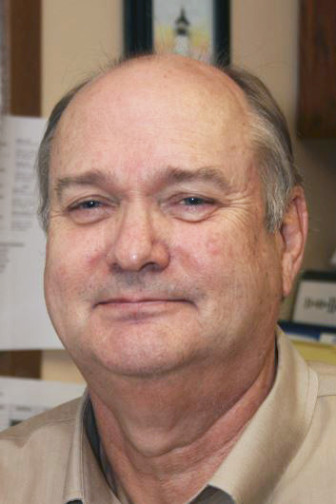 My head has been spinning trying to keep up with the twists and turns coming out of Washington related to the Juvenile Justice and Delinquency Prevention Act (JJDPA).
My head has been spinning trying to keep up with the twists and turns coming out of Washington related to the Juvenile Justice and Delinquency Prevention Act (JJDPA).
A lot of questions have been raised about how the Office of Juvenile Justice and Delinquency Prevention (OJJDP) monitors state compliance with the four core requirements of the JJDPA. My home state, Wisconsin, is one of those that Sen. Charles E. Grassley, R-Iowa, says was not appropriately penalized by OJJDP when it was not in compliance with the core requirements.
On April 21, Grassley led a Senate Judiciary Committee hearing on the subject. I listened to the hearing testimony with great interest, and was both distressed and encouraged by things I heard.
For a number of reasons, I can’t speak to the specific concerns related to Wisconsin (for one thing, I don’t have access to much of the relevant information provided to OJJDP). But what is clear is that there is work to be done at all levels of the system to ensure that the JJDPA and its associated federal funding provides an effective means of helping and guiding states in creating and supporting fair and effective juvenile justice systems.
As we in Wisconsin work to get our house in order, I welcome continued collaboration with OJJDP to get to a fair and appropriate resolution of our state issues.
I believe we will get there, but I want to make sure that we don’t lose sight of the forest for the trees. Yes, accountability is important, and work needs to be done to ensure that funds are being used appropriately.
But the bigger issue is that the JJDPA needs to be reauthorized by Congress (which last happened in 2002), and reauthorized in a meaningful way.
What does that mean? It means affirming and strengthening a commitment to the important core protections of removing youth from adult confinement; phasing out the exception that allows youth who have not committed crimes to be confined with youth that have; ensuring adequate protections for youth who may come into contact with adults while confined; and developing better strategies to promote (and better metrics to evaluate) state progress in reducing racial disparities.
It means supporting OJJDP’s work with states to improve the compliance monitoring process in a way that will lead to greater transparency and consistency as well as to better outcomes for youth and safer communities. It means building on what we’ve learned about the impact of trauma on youth and its pervasiveness, how to build positive youth development and prevention principles into our work, how to reinvigorate the role OJJDP can play in promoting and supporting reforms, and much more.
And, it means providing sufficient federal resources to support the important OJJDP leadership mission and partnership for state reform — a mission that has not changed despite dramatic reductions in funding in the last decade.
As disconcerting as parts of the April 21 hearing were, there is reason to be encouraged about the future. The bipartisan Senate leadership seems clearly committed to reauthorization (in fact, Sen. Grassley just announced that he and Sen. Whitehouse would reintroduce the bill this week) and OJJDP’s commitment to addressing the concerns and moving forward was unequivocal.
In state after state, including Wisconsin, we have seen dramatic reductions of youth in confinement and arrests. Legislative reforms pushing back some of the more regressive changes made in the mid-1990s are being adopted with greater regularity. Research about what works to prevent youth crime and to effectively respond when it does happen is better than ever.
And, there is an ever-increasing realization that the voice of youth and meaningful engagement of families in the work we do is critical to success.
As with many things, “If it was easy anyone could do it … it’s the hard that makes it great.” Our success going forward will in large part be determined by how well we can work together to build a strong state-federal partnership dedicated to continuing those reforms and others that will lead to a brighter future for youth, families and our communities.
Jim Moeser is deputy director of the Wisconsin Council on Children and Families. He is also chair of the Wisconsin Governor’s Juvenile Justice Commission and member of the National Juvenile Justice Network.